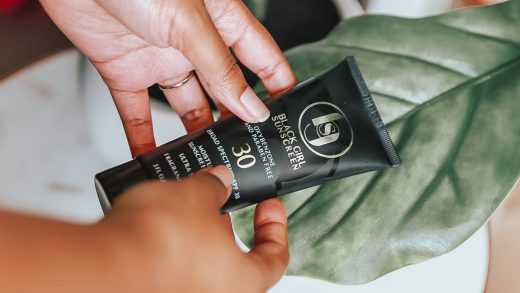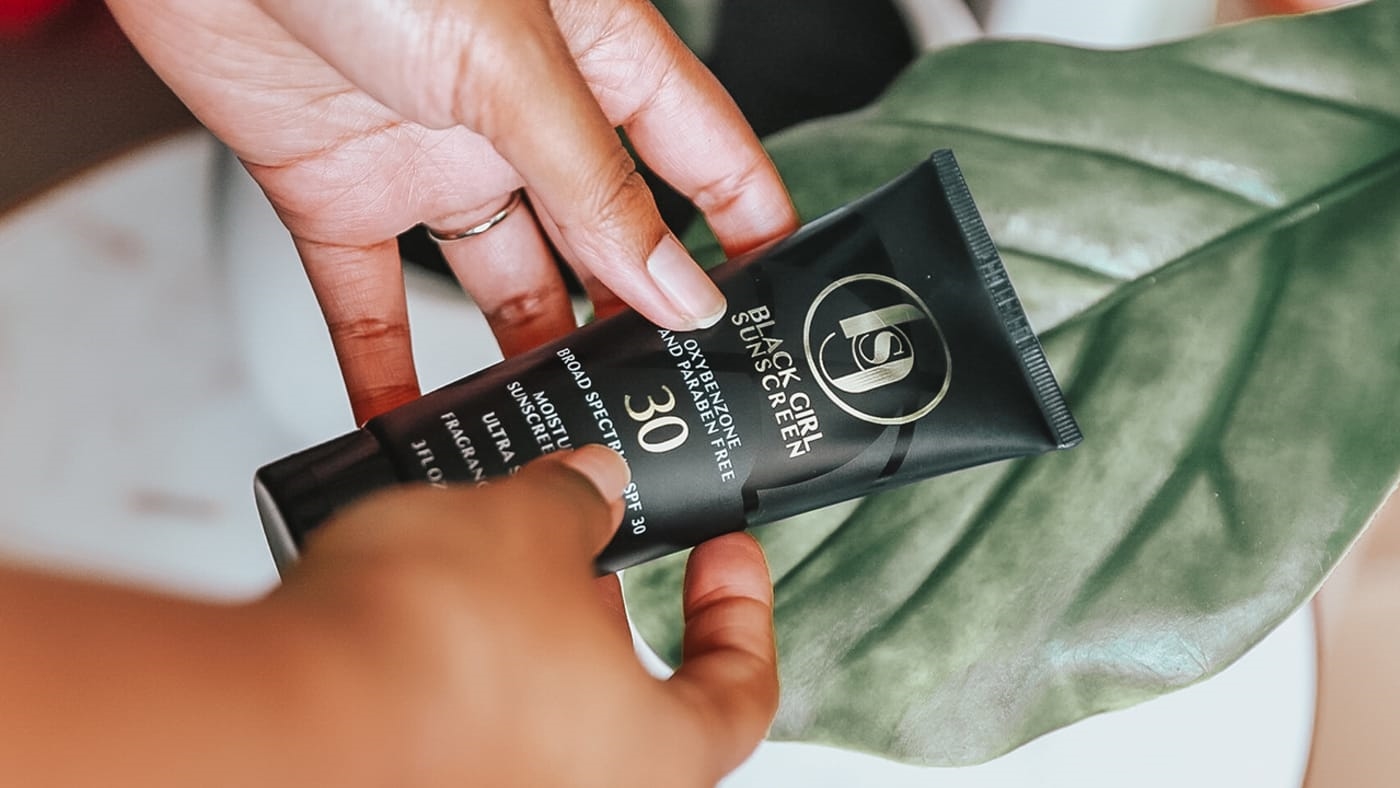These sunscreen startups cater to long-ignored minorities
Six years ago, Chinelo Chidozie and her sister-in-law Ndidi Obidoa were on a family vacation in Key West, Florida. After spending several long days in the burning heat, the Nigerian-born sun lovers decided to the right thing and buy some sunscreen. They bought a few bottles of mass-produced sunscreen at a pharmacy, but they didn’t get the results they hoped for.
“We put it on and we looked like Casper,” recalls Chidozie, noting sunscreen’s generally chalky formula.
Laughing at themselves in the mirror, the duo decided it was absurd that there wasn’t a readily available sunscreen for women of color. Shouldn’t they be afforded the same protection as any other beachgoer?
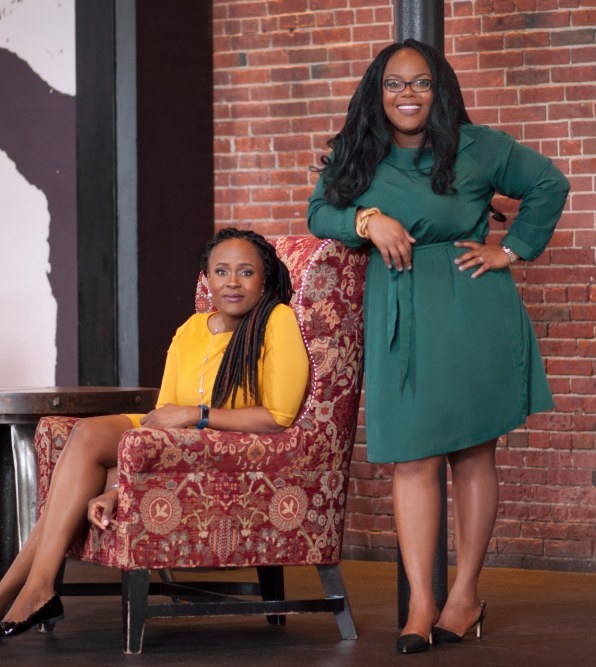
“[We said],
‘Why don’t we pursue this opportunity where we can make a difference and help our community?” says Chidozie.
Chidozie, who worked in finance, and Obidoa, then in biotech, quit their jobs in New York City to cofound Bolden skincare, a clear sunscreen created specifically for darker skin tones. In 2015, the startup released a SPF moisturizing sunscreen ($28; BoldenUSA.com) formulated with ingredients like safflower oil and Vitamin C that was both sulfate and paraben-free. It soon expanded into a full line of body products and in the last year alone, saw sales grow fivefold (they wouldn’t share specific numbers).
Bolden is one of several new beauty companies attempting to reach a demographic often ignored by the sun care community. For many communities, it’s not only that there were few choices, but that there was far from adequate education or promotion of sun safety. Now, several female founders teach women of color the importance of slathering on goo daily–while establishing full-range companies. (Men of course can also use the product, but their outreach is currently female-focused.)
“We get a lot of comments like, ‘Oh, we really feel included now,’” says Chidozie. “That, to me, is success–that people who may have felt left out finally have a brand that’s catering to their everyday needs.”
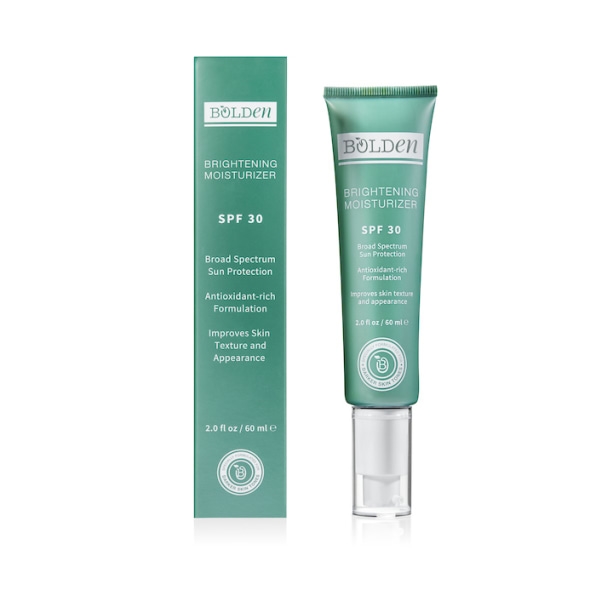
Remedying representation
“You typically you don’t see sunscreen companies advertising black women frolicking on the beach,” laments Shontay Lundy, founder and creator of Black Girl Sunscreen ($18.99, blackgirlsunscreen), a natural SPF 30 for African Americans. “But the sun doesn’t discriminate.”
While persons of color–most notably African Americans and Hispanics–don’t burn as easily as people with lighter skin tones, they are just as susceptible to skin cancer. In fact, the last two decades saw a 20% increase of melanoma in Hispanic communities, reports The Skin Cancer Foundation, since said populations believe their darker skin “protects” them from UV rays. It’s a popular yet deadly myth: Nearly half of black and Latino populations receive a more deadly, devastating diagnosis since their cancers are usually found in late stages.
“As people of color, we don’t have the culture of wearing sunscreen,” explains Chidozie. The American Journal of Preventive Medicine found that 63% of African-American women report never applying sunscreen. Only 31% engaged in at least one sun-protection behavior (such as wearing a hat), with sunscreen the least prevalent.
The problem is twofold: Women of color aren’t likely to use a product that’s not tailored to their benefit, making adoption a less than satisfactory experience. They also don’t see themselves in national SPF campaigns or magazine spreads on the topic. Yet they, too, enjoy the beach.
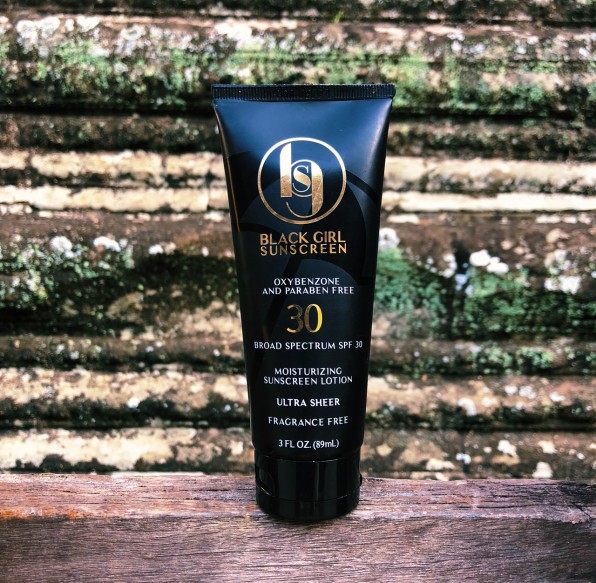
Lundy says her nearly year-old startup’s greatest challenge is convincing the African-American population that they do indeed need protection. It’s why she intentionally chose such a specific company name: “I am speaking to women of color, and I want them to know that this product is for them.”
Lundy spent a sizable amount of 2018 traveling to trade shows, talking on podcasts, and partnering with organizations that could get the word out. Most recently, Black Girl Sunscreen coordinated efforts with Black Girls Run, a group dedicated to athletic women of color. Social media is another major platform, with Lundy and Bolden trying to shift the narrative to wearing sunscreen. Just posting a photo of a teen in a bikini can help propel change.
And if these startups can’t appeal to individuals’ health concerns, they’ll try the lesser issue: vanity. Bolden reminds millennials that sunscreen is, as dermatologists attest, the best anti-aging protection.
“Messaging is very important . . . They’re really drawn to it,” stresses Chidozie. “People of color, for a long time, have felt that the beauty industry hasn’t really been as diverse or reflective in their messaging to the extent that people see images that reflect their actual lives.”
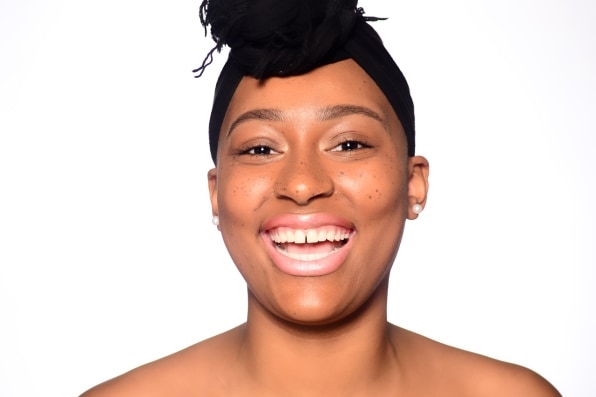
Going wide
The beauty industry made significant strides in the last decade, which saw the influx of inclusive lines such as Fenty Beauty by Rihanna and IMAN Cosmetics. The market evolved with even major mass retail brands such as L’Oréal providing more color collections, though it’s still nowhere near the availability for lighter skin tones. According to WWD, African-American women spend $7.5 billion a year on beauty products, but pay 80% more money on cosmetics and twice as much on skincare products than the general market because they need to sample more products to find ones that match their skin.
Despite the lack of lines, launching a beauty company specifically for darker tones is far from simple. Industry standards–from lab formulations to investor opportunities–predominantly favor a mass market. Bolden’s Chidozie says finding a lab that would take on her vision to cater to minorities was “not easy.” Most required a size minimum to even return a phone call. “It took us a good six months to find a lab that was willing to work with us.”
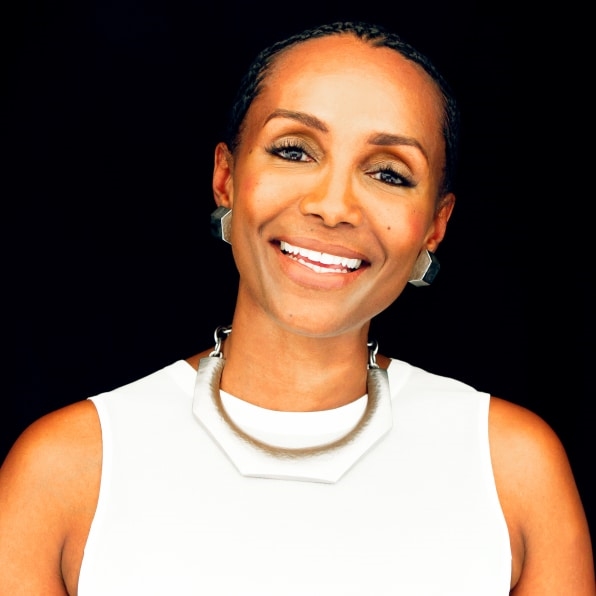
Add in the fact that suncare brands need to work within FDA guidelines and it’s near impossible. Katonya Breaux is the founder of Unsun Cosmetics, an all-natural mineral sun protectant. It took Breaux three years to launch her company in 2016, in part because of the difficulty of working within the restrictions of FDA-approved testing facilities.
Unsun’s process was particularly challenging because Breaux insisted on using clean ingredients such as vitamin E, coconut oil, and five different fruit extracts. Her facial sunscreen ($29; unsuncosmetics.com) is free of potentially harmful ingredients like parabens, phthalates, and oxybenzone.
“It was cost prohibitive,” says Breaux. “I had to dig deep [financially] because I believed that there was there was and is a need for it.”
Lundy recalls investors and labs questioning every aspect of her business strategy, including price point. She puts its blankly: “I think black-owned businesses are scrutinized more than white-owned businesses are.”
Despite launch hurdles, these startups already see significant growth and popularity within diverse circles. Black Girl Sunscreen, experiencing its first summer season, has seen sales double each month since May. It’s now testing products in major African-American international markets, such as South Africa.
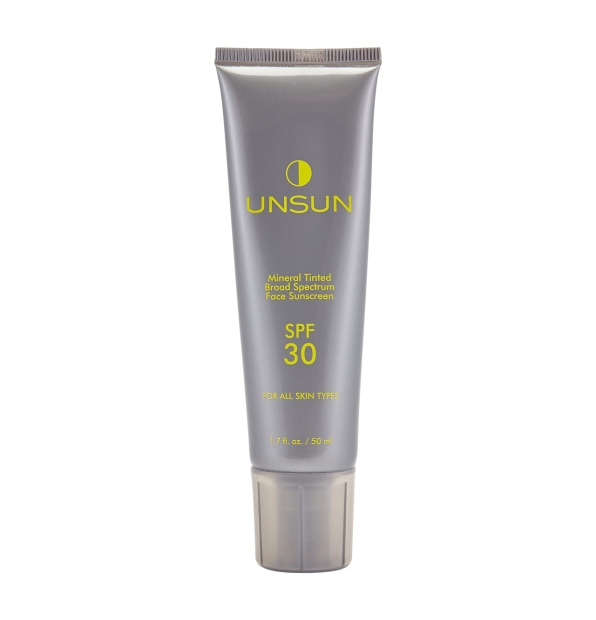
Like Black Girl Sunscreen, Bolden sees the majority of sales within African-American communities, followed by Latino and Asian customers. Most of its clientele range between the ages of 24-40, and the brand receives increasing requests from the Caribbean and Africa. In the coming years, the brand plans to expand its facial and body care line, and perhaps debut a men’s collection. Bolden, which is only available on its site and on Amazon, is working to partner with more e-tailers.
“The internet has also given voice to a lot of people who are voiceless,” says Obidoa.”It evened the playing field.”
Unsun can be found on popular beauty e-commerce sites such as Dermstore–as well as a smattering of brick and mortar clean beauty stores–but the young startup has big plans in the works. Breaux says that with a new seed money round, Unsun will produce far more products than its current facial and lip balm collection. In fact, she wants to grow a full-scale beauty company, with hopes of one day finding its way into Sephora and other mainstream retailers. The goal, as she sees it, is to increase accessibility for all women of all colors.
“We don’t want to be a niche, boutique brand,” she says. “We don’t help as many people that way.”
Fast Company , Read Full Story
(41)

